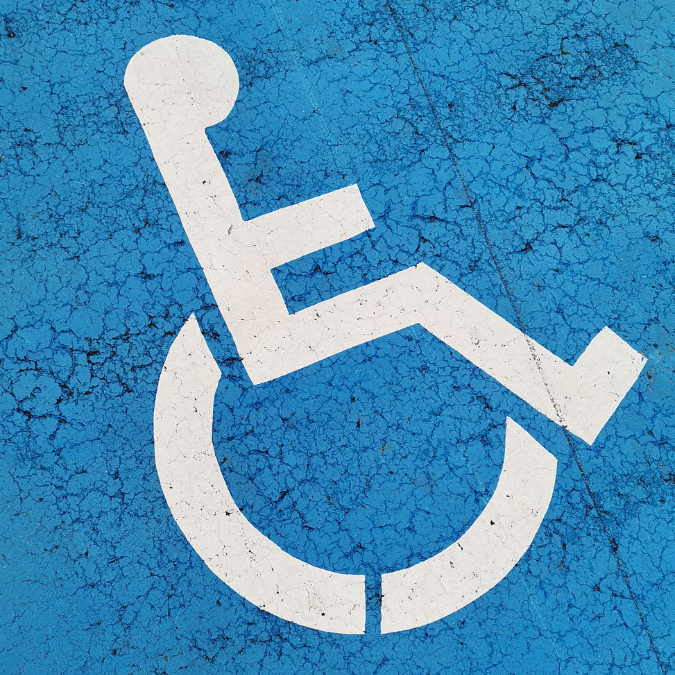University of Pittsburgh Resources
The University of Pittsburgh School of Medicine (UPSOM) is committed to diversity and inclusion. At UPSOM, diversity encompasses all dimensions of race, physical ability, ethnicity, language, gender, sexual orientation, gender identity, social and economic status, age, religion, and experience. Since 1967, the UPSOM has sustained a strategic emphasis on increasing the participation of U.S. underrepresented minorities in clinical medicine, biomedical research, teaching, and service. Accordingly, programs, initiatives, and areas of focus have been developed to implement that commitment and maximize the benefits of diversity and inclusion.
- The University of Pittsburgh Schools of the Health Sciences’ Office of Health Sciences Diversity, Equity, and Inclusion assists departments within the schools of the health sciences to seek qualified, diverse candidates for academic opportunities; assess internal and external pipelines to graduate education and health professions; build programs to bridge any existing gaps; connect individuals at all points of the pipeline to role models, mentors, and opportunities within the schools of health sciences by partnering with existing organizations and programs or assisting in the planning and implementation of new programs; assist schools to secure campus and extramural funding for programs and initiatives advancing faculty and student diversity; and create and monitor systems of evaluation that measure success for diversity and inclusion, including overall faculty, resident, fellow, and student success.
- The University’s Disability Resources and Services Department provides support regarding the rights and responsibilities of students, trainees, staff, and faculty with documented disabilities. The University is committed to providing reasonable accommodations for individuals who are disabled in accordance with Section 504 of the Federal Rehabilitation Act of 1973, the Americans with Disabilities Act (ADA) of 1990, and the ADA Amendments Act of 2008. DRS staff work to assist constituents with evaluating needs, requesting accommodations, and facilitating the process. They provide services such as assistive technologies and adaptive equipment, conversion of print materials to a variety of alternate formats, and accessible transportation via the University’s shuttle system.
Other Resources
 |
University Center for Teaching and Learning offers many resources to advance Pitt community members' understanding of diversity, equity, and inclusion. These resources are free and accessible to all Pitt students, faculty members, and staff. Learn more about the available Anti-Racism Teaching Resources. |
 |
What is sex? What is gender? What is sexuality? What do we mean by LGBTQIA? How are these concepts related to the workplace? How have our understandings of these terms changed over time, and how have these changes impacted work and culture? To help you answer these important questions, this University of Pittsburgh free course "Gender and Sexuality: Diversity and Inclusion in the Workplace" will introduce you to the exciting field of gender, sexuality, and women's studies, and to LGBTQIA identities. |
 |
The Society of Healthcare Professionals with Disabilities provides resources and support for disabled physicians, nurses, students, and other healthcare professionals with disabilities. The mission of this society is to foster a supportive community and to provide disability resources and tools for healthcare professionals, students, family members, and friends. |
 |
The goal of the free Disability Awareness & Support course is to promote equal opportunity and the full participation of students with disabilities in higher education by helping participants advance their awareness of the meaning of accessibility in education. Participants will gain competence and confidence in working with students by focusing on legislation, universal design, and assistive technologies. This MOOC is taught by Dr. Mary Goldberg from Pitt’s School of Health and Rehabilitation Sciences. |

